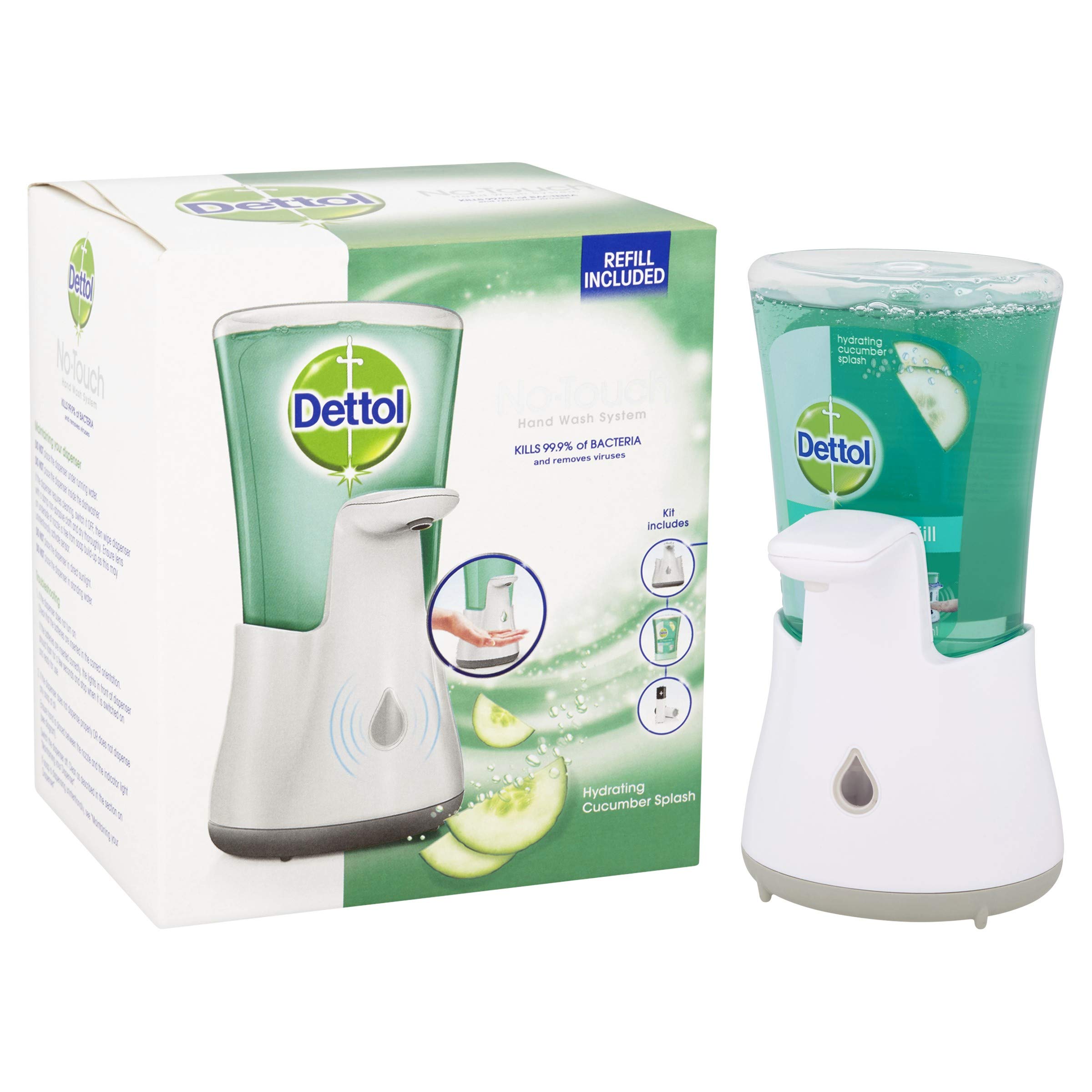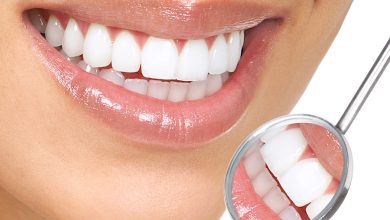One of the important rules our parents taught us since childhood is to wash our hands when we get home, after playtime, and before our meals. Also, the COVID-19 pandemic emphasised the importance of regular handwashing. Now, governments, medical professionals, and health regulatory authorities constantly remind us how regular washing hands with soap and water can keep off bacteria, viruses, and disease-causing pathogens. Let’s look at why handwashing is important and the things to keep in mind.
Handwashing vs Germs
Why is handwashing important? We must spread awareness about it to instil hygienic practices among people of every age group.
Germs are the cause of a majority of the ailments that we contract from our environment. These could include bacteria, viruses, fungi, and other pathogens.
They are spread when we –
- Touch a contaminated surface or one which is harbouring these germs
- Touch the face, nose, mouth etc., with hands that are dirty or unclean
- Do not wash our hands after handling dirt, dust, toxic materials, or even caring for sick people
- Cook or clean in unclean water or use our hands to cook without washing them first
- Touch surfaces and objects after sneezing, coughing or using the toilet.
Washing hands with soap and water can potentially destroy most of these germs and pathogens and thus stop their spread. Stocking up on a Dettol handwash 5-litre pack could encourage children and adults to wash their hands regularly.
When Should I Use Soap and Water?
Throughout the day, we touch several surfaces and objects that may carry germs and pathogens. Much of our time is spent in activities involving our hands. So when do we wash our hands with soap and water? Medical professionals recommend that we wash our hands at the following times –
- Before and after preparing food, cooking, and eating
- After being in contact with commonly touched surfaces, such as doorknobs, ATM keypads, public computers etc.
- Before and after dressing wounds or caring for sick people
- After changing diapers or cleaning children
- After using the toilet
- After sneezing, coughing, or blowing the nose
- After handling pets or animals
- After gardening, working with wood etc.
- After getting home from school, work, or running errands
- After handling or throwing out the trash
- After using public transport
- After handling cash
How to Properly Wash Your Hands
While most assume that handwashing is intuitive, some steps are recommended to minimise the spread of germs and pathogens.
Steps for effective handwashing –
- Wet your hands with clean water, preferably running water
- Apply hand wash liquid or soap and lather well
- Scrub the palms, fingers and the spaces in-between, back of the hands, thumbs, under the fingernails, and wrists
- Rub your hands for at least 20 seconds
- Rinse the hand wash liquid or soap with running water
- Turn off the tap using a paper towel or tissue
- Dry your hands using clean paper towels or let them dry naturally
Hand Wash vs Sanitisers
Until the onset of the COVID-19 pandemic, hand sanitisers were almost exclusively used by healthcare professionals or people handling hazardous materials. However, hand sanitisers are now placed in all offices, schools, and public places. In addition, people carry small vials or bottles of alcohol-based sanitisers. While most sanitisers are capable of destroying bacteria and germs, they do not clean our hands of dirt or grime. Handwashing with soap is the most effective way to clean our hands and keep them germ-free. Sanitisers are best used when there is no running water and soap access.
What Can We Do to Encourage Hand Washing?
Make rules for the family: Making rules to wash hands after gardening, yard work, returning from school or work, and before meals can help encourage hand washing. Adding a 5-litre Dettol liquid handwash to the monthly grocery list will ensure you do not run out.
Teach children: Good habits are easier to inculcate in children. Teaching children the value of handwashing and the right way to wash hands can be a good educational tool.
Create community awareness: Running community awareness programs and handwashing campaigns can greatly help educate people about the benefits of handwashing.
We can avoid a majority of health risks through simple hygiene practices. Following the pandemic outbreak, most governments and healthcare institutions have stressed the value of washing hands regularly to curb the spread of germs and diseases. We must adhere to such practices to live a safe, hygienic and disease-free life.





